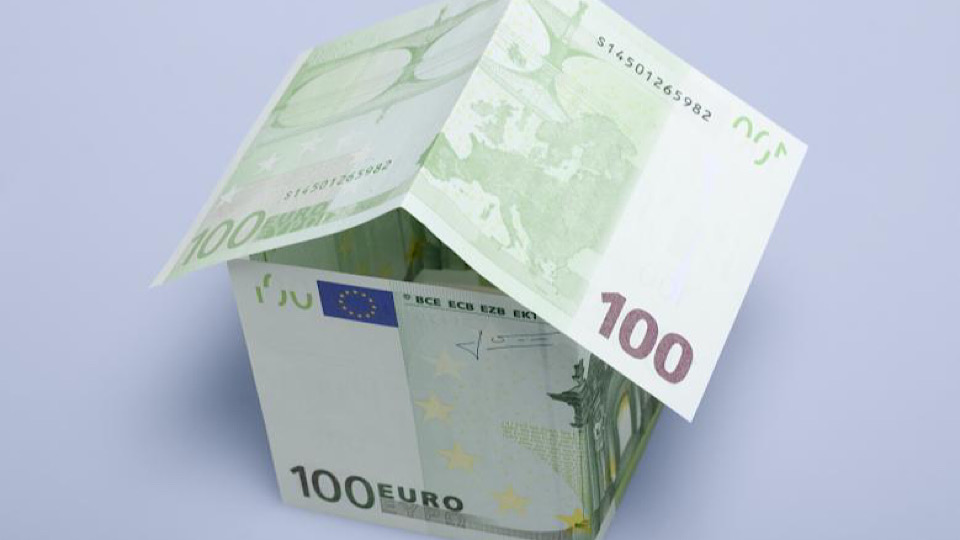Ireland has a housing crisis. The 2025 government projections for house construction are falling further and further behind target. Many argue that the government is to blame for this. Landlords are exiting the market much faster than they are joining. The government is being blamed for this too. The cost of renting is going up because there is nowhere to rent. Finger point in the same direction. The cost to buy a house is rising as well because there is very little on the market.
Ireland’s national housing target for 2025 is to deliver over 300,000 homes between 2025 and 2030, averaging over 50,000 annually. However, the government’s initial 41,000-home target for 2025 is considered unrealistic by the current Minister for Housing, and estimates from sources like the Central Bank forecast significantly lower completion figures, around 32,500 to 35,000 homes for the year.
There is an estimated shortfall of 150,000 rental properties in the country. There was an estimated 40% dop in the number of private landlords between the end of 2021 and the end of 2023 – and private landlords with one or two properties make up the majority of the market.
The problem is the government we are told.
Many of us, in theory, are wealthier because of all this. I know own a house that is worth more than it was last year and much more than it was when I bought it eight years ago. This is great. But I don’t plan on selling it, so I don’t feel better off. In fact, I am worse off.
In 2026, Local Property Tax is increasing across the country as local councils are allowed to increase their LPT charges by up to 15% next year. The LPT is connected to your property value. The more valuable your property, the more tax you pay on it. On November 1st (yesterday), all house owners had to submit a new valuation for their property to determine what band their house fits within to determine how much LPT they will pay each year for the next five years.
Two days out from this deadline, over 1.5m homeowners had yet to submit a revaluation. It is no wonder. Not only will the base rates for each band increase next year with the majority of local councils choosing to give themselves the maximum allowable increase (15%), many homeowners, newly minted with more valuable houses will be pushed into higher bands. Councils can also reduce the LPT by 15%. Unsurprisingly, not many are choosing to continue with this route.
Double whammy. Windfall for the government in the midst of a cost-of-living crisis for the squeezed middle. I have to admire the financial acumen of the government. You’d be forgiven for thinking the housing crisis was by design rather than ineptitude. It is estimated that the country’s 31 local authorities will receive €767 million from the local property tax (LPT) in 2026, according to figures published by the Department of Housing, Local Government and Heritage, a 10% increase on 2025.
My guess is that it will be much more. I am not sure how the government has come up with their estimates given that 75% of homeowners are yet to re-value on the system. The Department of Finance and local authorities insist that 96 per-cent of people will stay in their current band, incurring increases of only €5 to €25.
Considering it is five years since the last mandatory valuation and house prices have increased by an average of almost 10% per year, a 50% increase in valuation is not unrealistic and likely conservative for almost every property in the country. In 2020, the average house price in Ireland was €292,000 and in Dublin it was €438,000. Add up to 50% to those figures and significant numbers of homeowners easily move to a new tax band. As the value increases homeowners may move two or three bands. On top of the base rate increases, this adds another €90 per band.
I know that I will move two bands with my new valuation, adding €200 at least to my annual outgoings as my LPT jumps from just over €400 to over €600. So no, I do not feel wealthier than I did last year. Just a little bit poorer and a little bit more annoyed. Cigarettes have gone up. Tolls on the motorways are going up for the third time in the last two years. Carbon tax is going up again.
Manufacturing a housing crisis, whether deliberately or through incompetence, means the government increases its tax haul while telling us that we are being taxed more because our properties are worth more. But we can’t sell up because there is nowhere to buy. And if we do sell for more, we just have to spend equally more to find somewhere new to live.
Of course, we could rent. But the cost of renting has gone up even quicker than our house value. This is all thanks to government action or inaction, depending on how you look at it. Either way, the only one benefitting is the exchequer.
Well played. It is like the only mechanic in the village selling you a tyre with a slow puncture so you have to go back to him (or her) again. And again. And again.
David Reynolds

